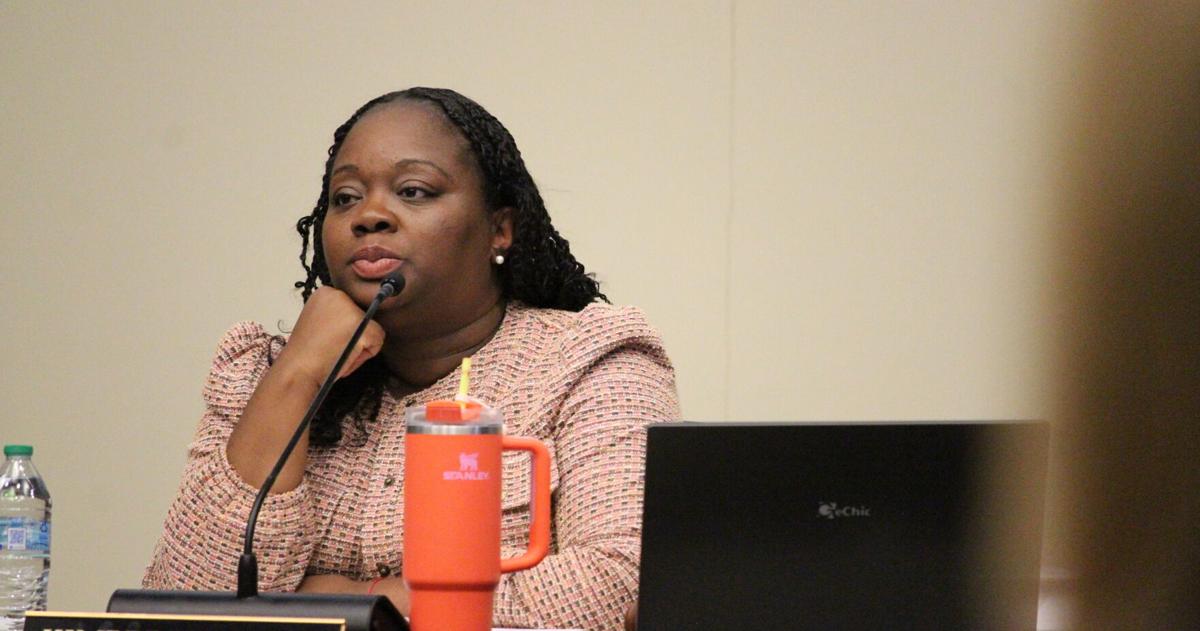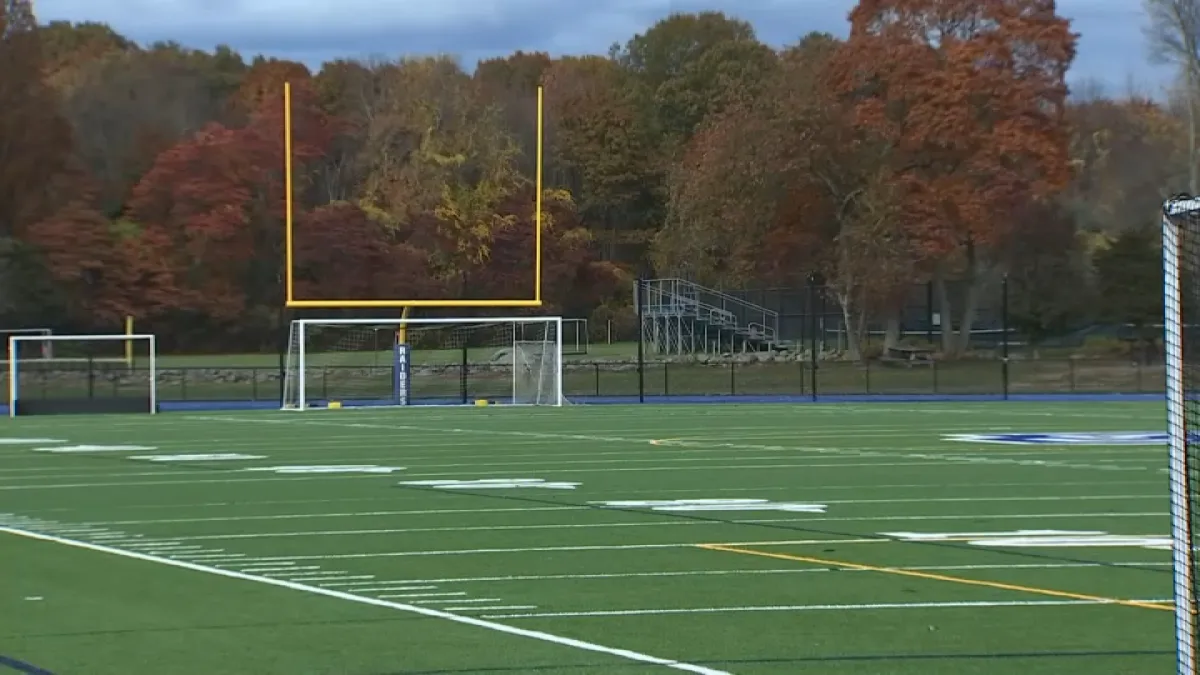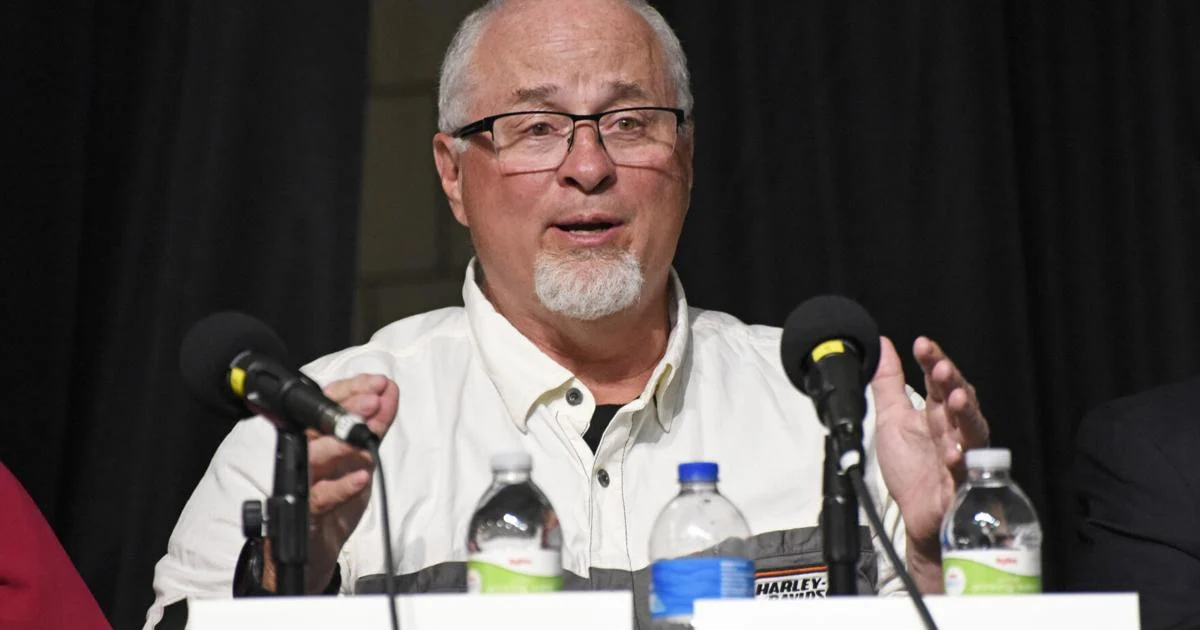Copyright Charleston Post and Courier

CHAPIN — Lexington-Richland Five’s school board voted down a parent’s challenge to the appropriateness of Google search results Oct. 27 after a confusion-laced discussion that included limited talk of the search engine itself. The debate was colored by Superintendent Akil Ross’ Oct. 26 announcement that the Chapin- and Irmo-area school district would stop letting elementary schoolers take home their district-issued laptops once schools had bought the equipment needed to keep the devices on campus — a decision that Ross partly reversed by the end of the meeting. That initial change was meant as a partial concession to Lake Murray Elementary School parent Elizabeth Huff’s complaint about students being able to access Google search and news results, which was filed Oct. 21 under the 2024 state regulation requiring all instructional materials to be age-appropriate. Huff, a mother of three, contended that the search engine can expose students to “inappropriate and developmentally unsuitable content” even if the websites that Google links to are blocked, because search results still show the headlines, thumbnails and descriptions of articles or pages. She attached photos to her complaint of a search result showing headlines about the return of dead Israeli hostages by Hamas, and that a search for the phrase “chatgpt” returned news stories about the AI company’s policy about erotica. Per the state regulation, the district’s board had to decide whether to accept or reject Huff’s request to fully prohibit access to the search engine (or to fully restrict search results, which district staff said was not possible), or find a middle ground. But the ensuing discussion focused not on search results’ appropriateness, but on the district-issued laptops themselves, with board members and Ross unable to settle whether they were discussing student access to a specific website or the devices on which the site is accessed. It was Ross’ view that the board was voting on whether students could use their laptops in the first place. That’s because the laptops are Chromebooks, meaning they use a Google-based operating system, and largely rely on Google’s suite of software such as Google Docs and Classroom, he told a reporter after the meeting. So, he argued, cutting off access to Google would effectively render the laptops useless. “It’s like saying, ‘remove the tires from the car, but you can keep driving,’” he said. While Ross’ all-or-nothing interpretation of the board’s task was not shared by Huff and some of the board’s members — most vocally, Cathy Huddle, who later compared the board’s handling of the meeting to the bumbling Keystone Cops — it nonetheless tinted the board’s discussion and public debate. Some board members argued that it’s parents’ responsibility to monitor or limit their children’s device usage at home. Multiple people, including some parents and teachers, said that the Chromebooks are important tools for student learning, and argued for the necessity of their continued use. “The Chromebook is not a Christmas gift that we give to our students,” Chief Academic Officer Tina McCaskill said. “It is an essential tool that is needed to learn in today's society.” Others argued that the devices are overused in modern classrooms. But even after the board voted 4-3 to deny the complaint, the debate over laptops’ utility seemed set to continue in Lexington-Richland Five. Huff told The Post and Courier that she will probably appeal the decision to the state, which would put her challenge in front of the State Board of Education. Its decision would be binding over every school district. “It sounded to me like some of the board members voted without knowing what they were voting on,” Huff said. Independently from the vote, Ross decided during the meeting to partly reverse his Oct. 26 announcement that elementary students’ laptops soon would be kept at school, which he said was because of the teachers who spoke at the meeting in favor of laptops. The superintendent might have “jumped the gun” with that initial decision, board chair Kimberly Snipes said.



